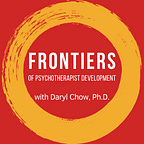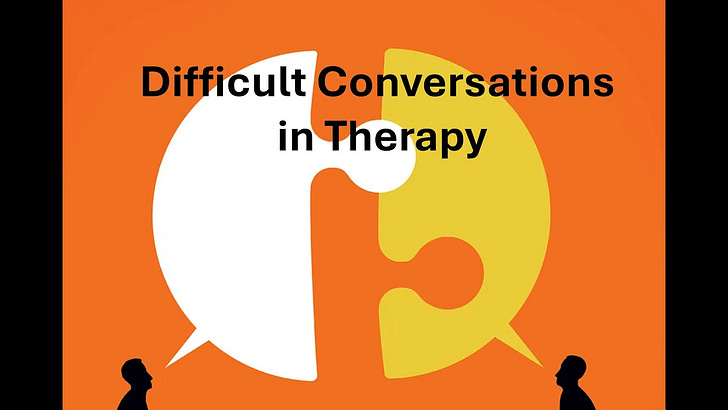Here’s the video version:
This is a Q&A video and podcast series based on a question from a therapist in Glasgow, Scotland.
I hope this email finds you well.
I'm not sure whether this will get to you, but wanted to reach out as I have been feeling in a bit of a crisis with my practice as psychotherapist. And have been reading your book 'First Kiss'
To put it bluntly - there is too much choice! I am constantly distracted and preoccupied by the great myriad of trainings, books, models, etc. And find myself paralysed at times on what to actually do with people. I want to help and be the best I can.
I have been excited and intrigued by your writings, and the writing of Dr. Scott Miller as well, and I appreciate that there are factors more important than the therapeutic school/model, but it still leaves me anxious about what do I actually subscribe to in a session, as I can't just do anything/everything, I still need to present a coherent narrative to my clients, and link that to the work we do together. Even integrative or transdiagnostic models (like PBT or Multimodal Therapy) feel overwhelming.
And when I look at Deliberate Practice, it seems great, but doesn't answer my overall questions.
I wonder, should i just pick a good, well-fitting for me, model, and then work at practicing the best version of that i can? Or whether I am missing something entirely?
So I wanted to write in case there was anything you could point me in the direction of reading or doing that could help.
Warmest regards
Peter
Timestamp:
00:00 Intro
00:07 Email from a therapist in Scotland
03:14 Step 1: What is your belief about how healing takes place?
04:31 Step 2: Identify 2-3 approaches that resonnates with you.
06:34 Step 3: Your History of Change
07:34 Step 4: Your Clinical History with Clients
08:51 Step 5: Develop Your Own Blueprint of How You Conduct Therapy Sessions
10:43 Step 6: Capture Weekly Therapy Learnings (WTL)
12:29 Step 7: Retrieval Practice
13:50 Our Misunderstandings of What "Evidence-Based Practice (EBP)" is.
15:24 Invitation to Pose Your Questions
For previous podcast episodes, click here.
Submission of Questions

Questions have the power to bring us together, as questions put us on a quest.
I would love to hear from you if you would like your questions to be answered in detail. Drop a comment below or email me at info@darylchow.com
Warm Welcome to New Folks on Frontiers of Psychotherapist Development (FPD)
If you are new here, I just want to say a big hello to you and would love to hear from you. Tell me a bit about you and where you are from. Drop me an email info@darylchow.com
Click here to see more resources about Frontiers of Psychotherapist Development and Frontiers Friday.
Daryl Chow Ph.D. is the author of The First Kiss, co-author of Better Results, and The Write to Recovery, Creating Impact, and the new book The Field Guide to Better Results .













